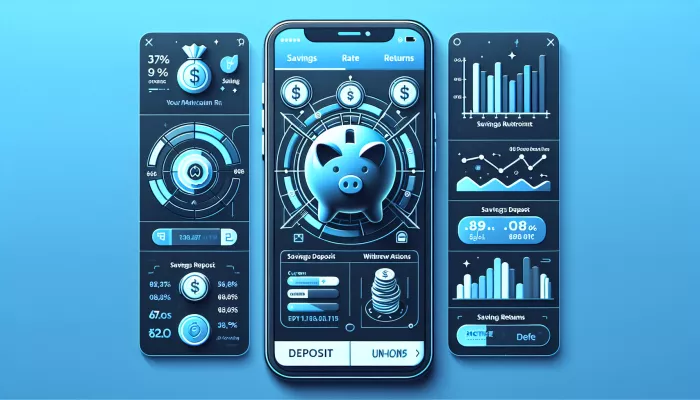First of all, o long-term financial planning is one of the pillars for guaranteeing stability and peace of mind in the future.
Many people live only in the present, but ignoring planning can result in debt, lack of resources and insecurity.
ThereforeBy adopting well-structured strategies, it is essential to achieve goals such as retirement, buying property, traveling, raising children and financial independence.
Understand your current situation
First and foremostIt is impossible to chart a solid course without knowing your starting point. Assessing your current situation means analyzing in detail income, expenses, debts and assets.
What's moreBy keeping a financial spreadsheet or app, you can clearly see where your money is going.
Many people are surprised to realize that small recurring expenses take up a significant part of their budget.
That's whyfinancial self-knowledge is the first step to avoiding pitfalls and building a solid foundation.
Define your long-term financial goals
Thenit is essential to define clear goals.
Objectives such as peaceful retirement, buying property, paying off debts, setting up an emergency fund or raising children need to be measurable and realistic.
ThusBy defining values, deadlines and stages, you create a concrete and achievable plan.
For exampleIf you want to buy a house in 10 years, you need to calculate how much you need to save each month to reach the amount you want.
Create a Structured Budget
After defining your goalsThe next step is to organize a personal or family budget. This simple tool makes it possible to control spending and redirect resources to what really matters.
What's moreThe budget makes it possible to identify waste and adjust consumption habits.
ThereforeSeparate the money into categories such as housing, food, transportation, leisure, investments and savings is fundamental to maintaining discipline.
Save and Invest Consistently
NextHowever, it's important to understand that saving and investing are the engines of financial growth. Saving money alone is no longer enough to protect your assets.
ThusIf you're looking for a new option, set aside a portion of your monthly income and invest it in options such as Treasury Direct, real estate funds, shares, ETFs and private pensions guarantees a long-term return.
On the other handIf you avoid investing, you lose the power to multiply your assets and are stuck with a limited income.
ThereforeThe discipline to invest regularly is one of the hallmarks of those who achieve financial independence.
Consider Inflation
AdditionallyIt is essential to consider the impact of inflation in purchasing power over time. Saving money without investing it can mean a loss of real value.
ThereforeIn addition, you can opt for assets that outpace inflation, such as IPCA-linked securitiesThis is an intelligent strategy.
ThusBy doing so, you ensure that your assets are not only maintained, but grow in a sustainable way.
Consult a Financial Expert
What's moreYou can count on the guidance of a financial advisor can speed up your progress.
On the other handTrying to deal with all the details on your own can lead to strategic errors.
ThereforeHaving a specialist help you choose your investments and organize your plan is an investment in security.
Useful tools and applications
CurrentlyThere are several digital tools that help with financial control.
These includewe can highlight:
-
Mint - free app for quotes.
-
Personal Capital - complete finance management platform.
-
Betterment - automated investment consultancy.
-
You Need a Budget (YNAB) - app focused on financial discipline.
ThusThe use of technology can make the process more practical and efficient.
Benefits of Long-Term Financial Planning
Peace of mind
CertainlyOne of the biggest benefits is peace of mind. Knowing that your finances are organized reduces stress and increases your quality of life.
Financial independence
What's moreWith discipline, you can achieve financial freedomwithout relying on loans or help from third parties.
Emergency preparedness
Likewisegood planning includes the creation of a emergency fundIt can cover unforeseen events without compromising your plans.
Comfort in the future
FinallyPlanning provides comfortable retirementallowing you to enjoy your years of rest with security and stability.
Advanced Planning Strategies
Even moreAfter consolidating the basic steps, it is possible to adopt advanced strategies, such as:
-
Investment diversification (fixed income + variable income).
-
Tax planning to pay less tax.
-
Continuous financial education to keep up to date.
-
Use of insurance to protect assets and family.
ThusYou ensure that your results are consistent over the decades.
Conclusion
In a nutshell, o long-term financial planning is the key to building wealth, stability and freedom.
With discipline, well-defined goals, strategic investments and constant monitoring, it is possible to turn dreams into reality.
Thereforeto start organizing your finances today, taking advantage of apps, experts and best practices to get you on the path to success. financial independence.






